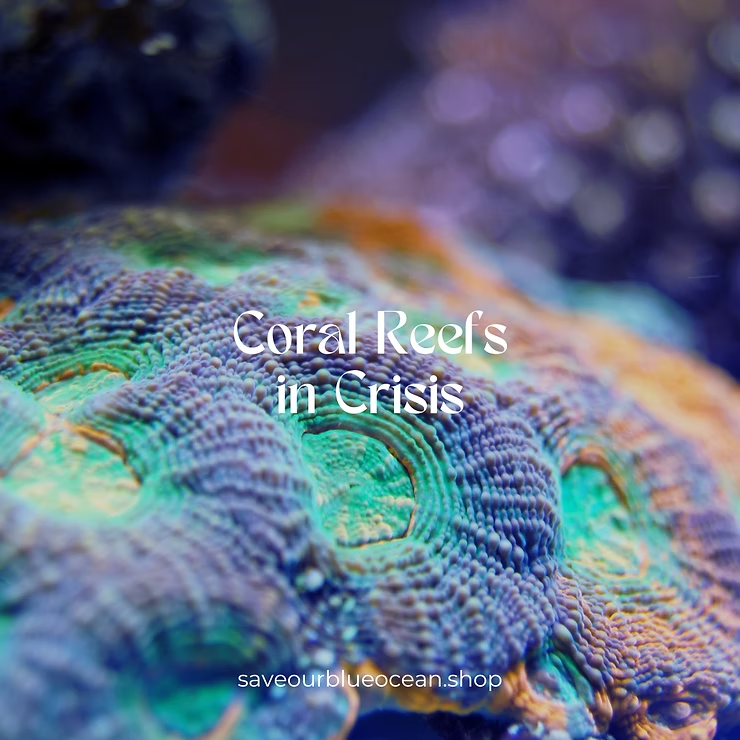Understanding Coral Bleaching and Reef Conservation
Coral reefs, often called the “rainforests of the sea,” are vibrant and complex ecosystems. These underwater marvels face unprecedented threats, particularly from coral bleaching. Understanding the causes and conservation efforts is essential to preserving these critical marine habitats.
What is Coral Bleaching?
Corals maintain a symbiotic relationship with microscopic algae called zooxanthellae. The algae provide corals with nutrients, while the coral offers protection and compounds for photosynthesis, giving them their brilliant colors.
When stressed by temperature changes, light variations, or nutrient shifts, corals expel the algae, causing a pale or “bleached” appearance. Without algae, corals lose their main food source, become more susceptible to disease, and may die if conditions do not improve.
The Leading Causes
Climate change is the primary driver of large-scale coral bleaching. Rising ocean temperatures, even by small amounts, can trigger widespread bleaching events. Additional human-induced factors, including overfishing, coastal development, and pollution, exacerbate the vulnerability of coral reefs.
Why Coral Reefs Matter
Coral reefs are essential to marine ecosystems. They provide shelter for countless marine species, many of which are crucial for broader ecological balance. Reefs also contribute economically through tourism, fisheries, and local employment.
Our Turtle Bracelet and Whale Bracelet designs are inspired by creatures that depend on these habitats, connecting awareness with conservation.
Rehabilitation and Conservation Efforts
Numerous global initiatives focus on restoring and protecting coral reefs:
- Coral Gardening: Young corals are grown in nurseries and transplanted onto degraded reefs to accelerate recovery.
- Coral Spawning: Scientists reproduce corals in labs to create new colonies introduced to weakened reefs.
- Marine Protected Areas: Restricting human activities in these zones helps reefs recover naturally.
Joining the Cause
Everyone can play a role in reef conservation. Raising awareness, choosing sustainable seafood, reducing carbon footprints, and practicing responsible tourism all contribute to protecting coral ecosystems.
At our store, purchases from our t-shirt collection, like the Protect Our Ocean Tee, or accessories support coral reef conservation, with 10% of sales donated to relevant organizations.
Other products include:
- Don’t Worry, Beach Happy Tee
- Keep The Sea Plastic Free Tee
- Save The Shark Tee
Conclusion
Coral reefs are the heart of our oceans. As they face critical challenges, collective action is required for their protection and rehabilitation. Learn, act, and join our community to become a guardian of these vital marine ecosystems.

